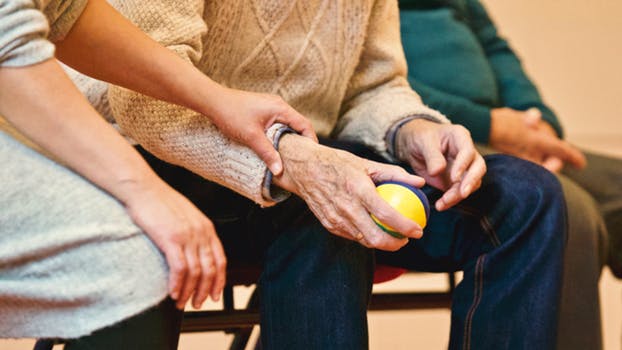With Australia’s ageing population set to reach 9.6 million people over the age of 65 by 2064, there’s increasing demand in the workforce for qualified care workers. In addition to the demand, there’s a growing number of roles and career opportunities for those with the right talent, professional background and skills to provide assistance to ageing Australians. So how do you approach getting a job as a care or support worker?
Volunteer
A career in support or care can be a challenging but rewarding and meaningful career path. The first step to getting a job as a care worker is to decide if the work is actually right for you. A good way to do this is to approach local facilities and ask if you may volunteer. Of course, you won’t experience the role of a support worker in its entirety, but you can get a good feel for the job and how you might fair in the workforce.
Qualifications
While there’s no formal qualifications to be a care worker, the aged care and disability sectors are complex and diverse branches of health care. The sector is made up of employees and volunteers, but many workers are completing a range of qualifications to make themselves more appealing to potential employers.
Of course, for some services that fall under a care worker’s role, like nursing and medication assistance, a relevant qualification is required.
The best qualifications to get if you plan on becoming a care worker are:
- A Certificate III in Individual support (Ageing, Home and Community)
- A Certificate I, II or III in Disability.
Such courses can be completed online, or at TAFE and private training campuses.
For a long-term career, care and support workers have many opportunities to progress in the aged care and disability support sectors. By completing further study, workers can progress into roles such as community case managers, respite coordinators or other management positions.
Finding Employment
When it comes to finding employment as a care worker, you have a few options. Care workers can find roles in a group home, a residential facility or privately, in people’s homes. There’s also community care options for those looking to provide support for people living with disability.
As the ageing population increases, and seniors and those living with disability look to have more choice and control over their support services, new technologies are beginning to accommodate such demands.
Better Caring, for example, is a platform where care and support workers can connect to people within their local community who need care and support. This platform lets workers set their own rates and hours, and choose what clients they would like to work with.
Skills Needed
Working as a care or support worker, you will help people who are ageing or those with disability, improving their quality of life. You will support a person physically, socially and emotionally, so you will need quite a wide skill set.
The people you will assist will come from a variety of backgrounds so it’s important to be open minded, compassionate and understanding. People in vulnerable situations can face a range of issues, so understanding these and being able to adapt to unfamiliar situations on the job is significant.
Depending on the individual’s situation, you may need to help them with physical duties such as personal care, eating, dressing, toileting and bathing. You will help patients develop and maintain independence, and support them in making decisions that affect their lives.
Support
While a career in care and support can be rewarding, it can also be challenging as well as physically and emotionally demanding. Because of this, it’s important that you take care of yourself and maintain your own physical and mental health. Staying fit and asking for support when you need it is key to being an effective care worker. Seeking support for yourself, both physically and emotionally is important so you can ensure you deliver the best care services you are capable of.
There are a range of support resources for support and care workers, ranging from within the workplace to online information. For example, Better Caring has care worker resources designed to help you make the most of your opportunities in the workforce. It’s also wise to get proper training from your workplace, or online courses in manual handling.






